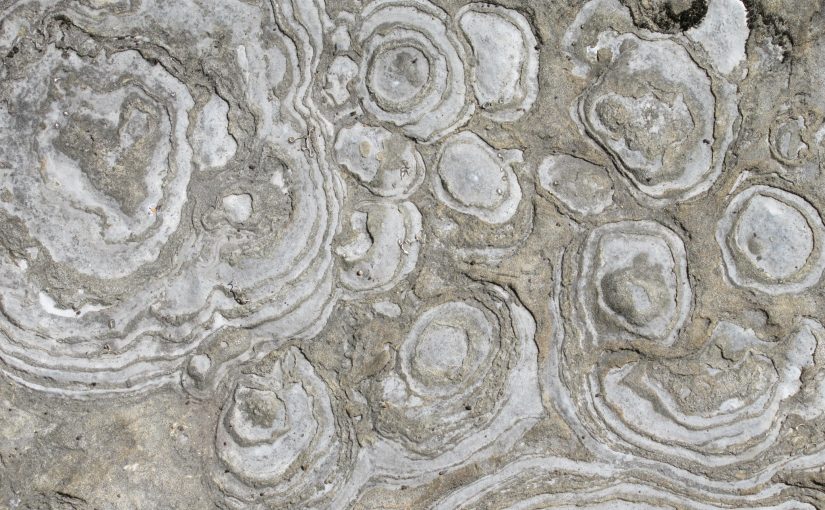I’m afraid of alligators. A couple months ago, I went to an alligator farm. Beside a pool crammed with alligators, a sign read, “Alligators don’t eat people, crocodiles do.” So now I’m afraid of alligators and crocodiles.
Speaking of fears, I had a panic attack once.
In my 20s, I developed a vague fear of hospitals and anything medical. I’m not sure why. It wasn’t enough to stop me from driving someone to a doctor’s appointment, but I didn’t like being there. Around the same time, TV became flooded with reality shows about doctors performing surgery, women giving birth, dogs having surgery, and fictional dramas set in the hospital. Any time I saw scrubs, I’d change the channel.
One summer, I was taking an Intro to Psychology class. We were studying the growth of the fetus. Our teacher told us that she had a video for us to watch that showed a birth. She gave us an out: anyone with a weak stomach could sit in the hall. I didn’t like the idea of watching the video, but I also didn’t like the idea of quitting before I even started. It’s not gonna kill you, I told myself. Suck it up.
The video chronicled four women from the time they checked into the hospital with contractions until their babies were swaddled. Watching these women as the dealt with contractions, I felt uncomfortable and mildly queasy. But the worst part was the epidural. The camera showed closeups of the women’s faces while they endured the injection. Even though they tried to be brave, through fleeting moments of terror in their facial expressions and the wiping away of tears, you could see how much pain they were in. At this point, I felt like I might actually throw up. I wanted to stand up and walk to the bathroom, but I didn’t feel like my legs could support me. It’s probably a good thing I didn’t try, because a minute later, all of my muscles started shaking, like a muscle spasm all through my arms and legs. I didn’t know what to do, so I slowly folded my arms across the desk and gently laid my head down. Then I blacked out.
When I regained some consciousness, I couldn’t see anything, couldn’t feel anything- I only heard babies crying. I’m not sure how long I was out, but in the video, all of the babies had been born. The next thing I was aware of, my body jerked upright. I had been falling backward in my chair and instinctively caught myself before I fell out. That snapped me back into full consciousness.
Soon, the video was over. The teacher let us take a break, so most people trickled out of the room. “What did you think?” she asked the few of us remaining. I let other people answer first. Then, I planned to tell her, “It was so weird! I passed out!” but right when I started talking, I started totally crying. It was really embarrassing, in addition to the shock of it happening unexpectedly.
After class, I wasn’t sure how well I could drive, but it was a short trip, and I made it home. I couldn’t concentrate on anything. I could feel adrenaline rushing through my veins, my nerves going haywire. I would suddenly start sobbing for no reason. I felt possessed, like someone very unstable had inhabited my body. This went on for two days, until I returned to normal. I’ve never experienced anything like it before or since.
If a person had one of these attacks every day- not to mention multiple times a day- it seems like they would never get a chance to recover. I can’t imagine trying to go about an average day at school or work with those symptoms, not knowing when you might burst into tears. The constant adrenaline rush alone felt like a highway to burnout; I don’t think the body can sustain that level of intensity long-term. The experience gave me a lot of sympathy for people who regularly suffer from panic attacks. It’s also a good reminder that you never know what someone else is going through when they don’t say hi or they commit some other petty social offense. When I think of this event, I tend to give people the benefit of the doubt.
My fear of hospitals seems to have faded in recent years. Not wanting to take chances, though, I’d still change the channel if I saw scrubs on TV. I guess what I have now is a fear of a fear of hospitals.





